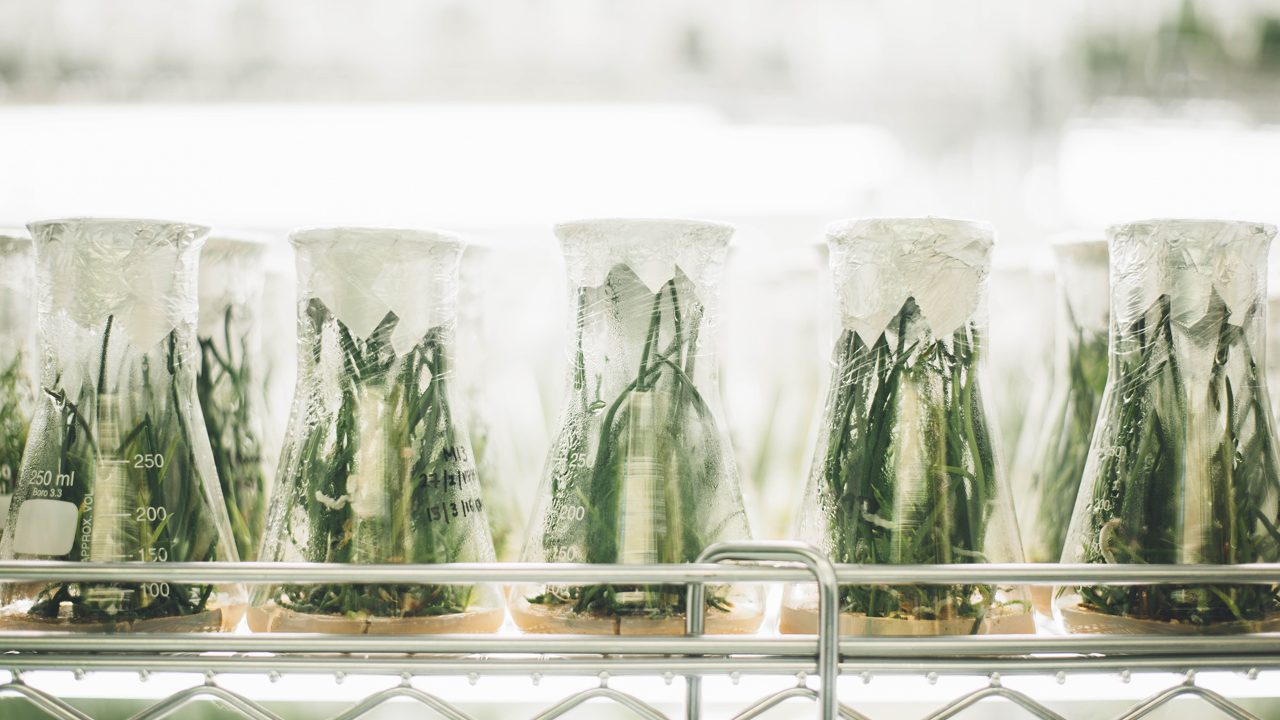A challenge has been set for politicians and consumers alike to remove restrictions on the use of gene editing especially in plants and animals to bring benefits for the environment and animal welfare.
Malcolm Bailey has been on the AgResearch Endophyte Gene Editing Steering Group since its inception three years ago and is keen to see regulation change so the Endophytes that live on ryegrass can be bred to help the plant but not affect the grazing animal in a negative way.
Bailey explained to REX host Dominic George that Endophytes have a symbiotic relationship whereby they help the plants ward off pests and they benefit from living in the plants.
The aim of the AgResearch group is to eliminate the negative effect Endophytes can have on animals that graze on crops that contain them through gene editing.
Despite Gene Editing technology being very commonly used in medicine and other science fields, current regulations make it very difficult to move past contained laboratory work into field trials and ultimately commercialisation when it comes to Endophytes.
"We believe this suite of technologies has huge potential in the farming sector to benefit everyone, animals through to final consumers," Bailey said.
"So, [there is] a real fear that we won't be able to utilise these technologies as things stand."
He explained that while their contained research on Endophyte Gene Editing has gone extremely well so far they have been forced to move across the ditch to Australia to complete field trials.
"There is huge uncertainty beyond that as to whether we would ever get permission to commercialise what we produce."
The whole idea of producing a better Endophyte not only benefits both the plants and the animals, but it will also increase the efficiency of grass production, resulting in less wasted produce.
"Producing a better Endophyte will increase efficiency which lowers the carbon footprint of the animal that is grazing.
Although he admitted it wouldn't be a dramatic change in emissions, Bailey explained that the small benefits would add up to quite a lot over time.
"Your emissions per kilogram of output are lower than what they otherwise would have been."
"This is not a silver bullet as such but a whole lot of things can come out of the use of gene editing and so we need this technology enabled in New Zealand."
Bailey and George talked more about Aotearoa's poor ranking on the food and crops gene editing index, how important this change in legislation would be for farming efficiency and how confident he is they will see some positive movement towards this change.










